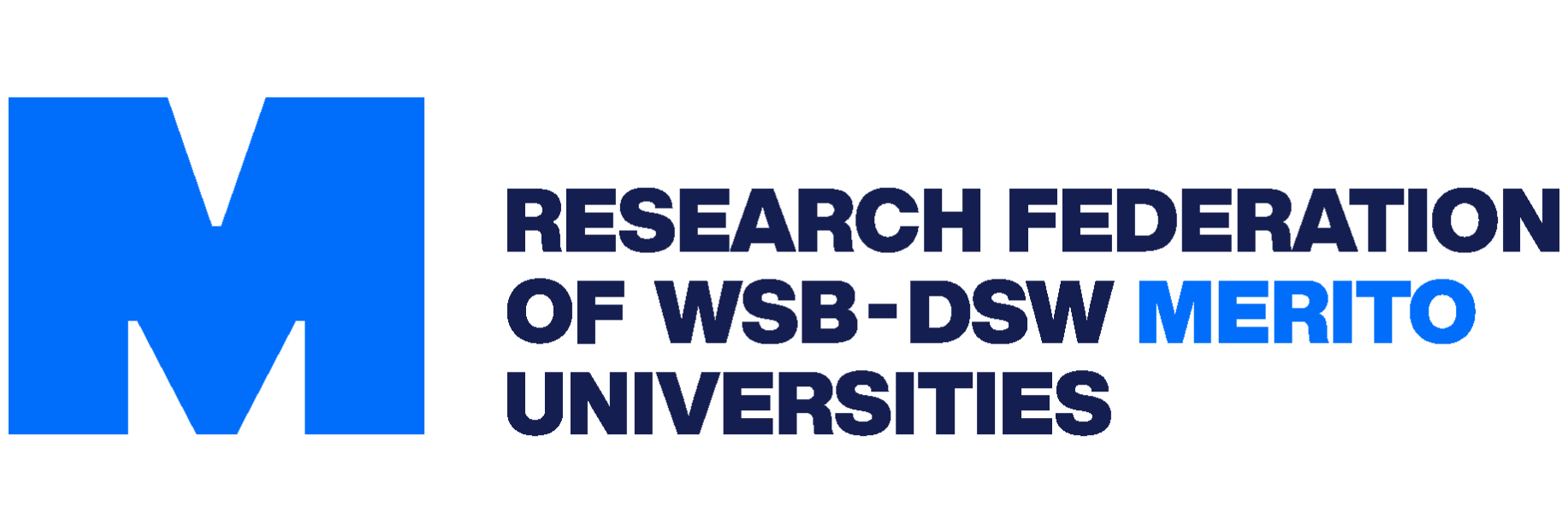In June 2021, another edition of the National Agency for Academic Exchange Program – NAWA Intervention Grants ended, awarding grants to scientists from 10 universities. The aim of the program is to support international cooperation of research teams and mobility of scientists, in response to important, sudden and unforeseen social, civilization and natural phenomena with globally or regionally significant consequences.
NAWA Intervention Grants are intended for projects relating to current scientific challenges. The beneficiaries place clear emphasis on research related to the pandemic and its consequences for health, economy and society.
“Undoubtedly, one of these global challenges is the fight against the pandemic and its consequences for health,
economy and society. Therefore, most projects co-financed by NAWA concern COVID-19.
They represent a wide spectrum of scientific research: from medical and
health sciences, through education, to economics”,
says dr Grażyna Żebrowska, NAWA director.
The laureates of the last two editions include representatives of the WSB University in Poznań and the University of Lower Silesia. In the latest edition, the grantee is a research team coordinated by dr Karolina Oleksa-Marewska, with a project entitled “Organizational culture and organizational climate for effective remote work: The impact of organizational factors on retention, knowledge sharing and well-being of remote workers in the light of pandemic and post-pandemic management challenges”. To conduct the research, cooperation will be established with 10 foreign partners from the US, Norway, Spain, France, Turkey, Hong Kong, Malaysia, Singapore, Taiwan, and the UK.
In the previous edition, one of the 10 selected projects was a project of a team led by professor Piotr Mikiewicz, from the area of education during the pandemic, entitled “The emerging new school culture and its potential consequences in the context of remote education during the COVID-19 pandemic”. The aim of the research is to look at the process of changes in the school culture as a result of remote education during the COVID-19 pandemic in Poland and in the UK. Scientists intend to look at, i.a., student–teacher interaction in the new virtual school reality and parental participation in e-learning, as well as to examine the process of remote teaching in terms of educational inequalities resulting from differences in social status.


